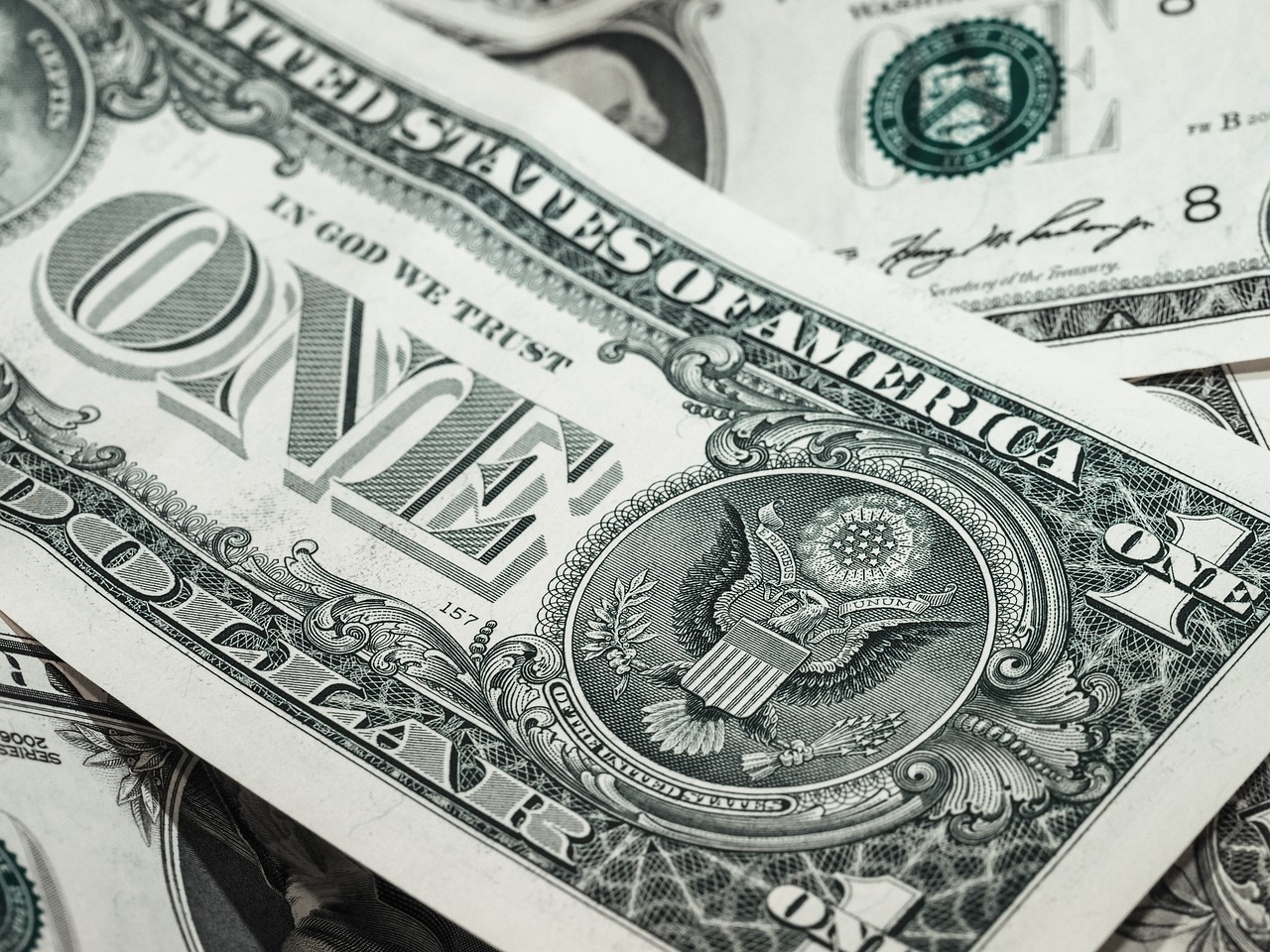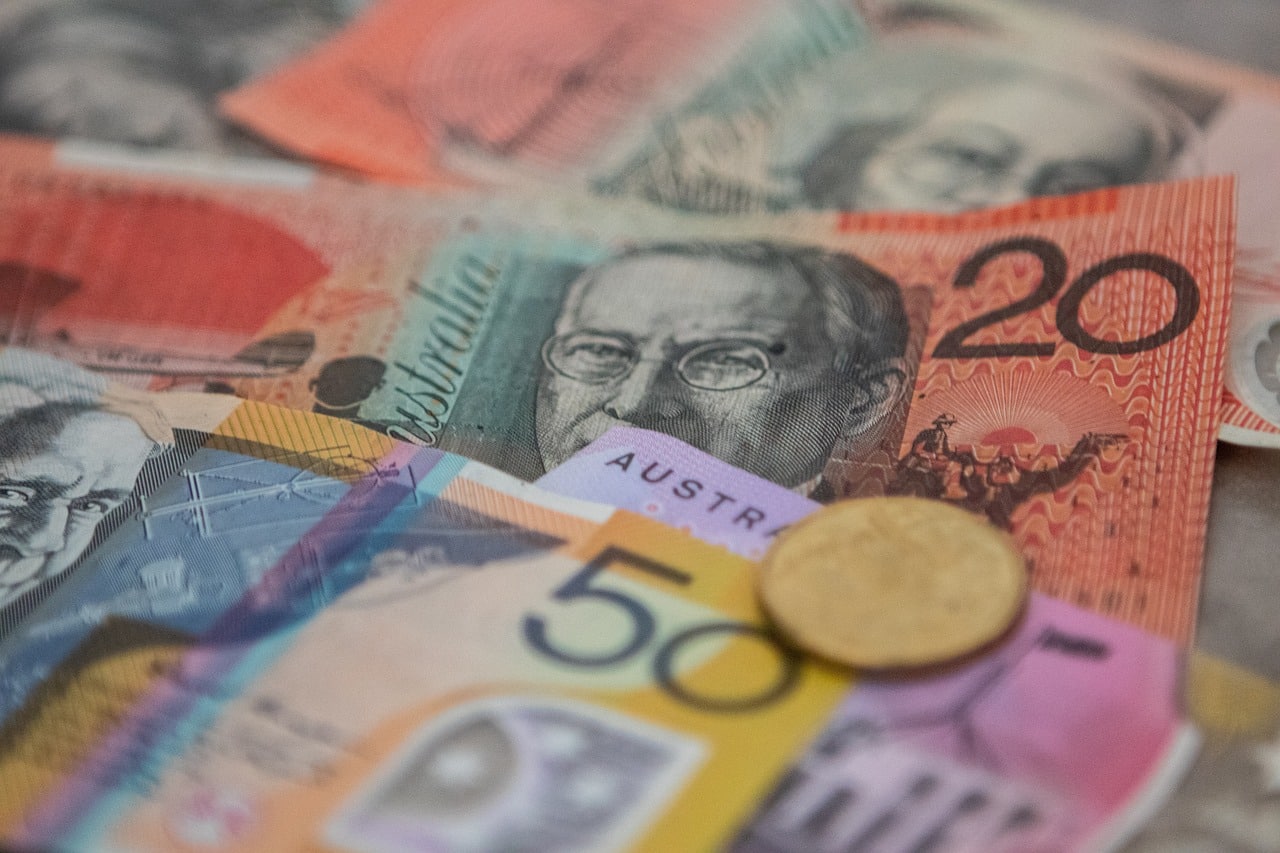
The US dollar is a strong and reliable currency, used as a reference in many countries.
Dollar is the name given to the monetary unit of several countries , including the United States and Canada . It is a term from the English word dollar , in turn derived from the Low German daler .
The dollar, therefore, is an official currency of different nations . Currently the currency with the largest circulation worldwide is the US dollar .
International reach
The US dollar is important internationally. For example, it is common for the value of currencies to be compared to that of this currency. This exchange rate or exchange rate is considered a relevant indicator of each economy .
The price of multiple products, in turn, is usually defined in US dollars. In Argentina , for example, it is common for real estate to be priced and sold in US dollars, even when the Argentine currency is the peso .
Dollar hegemony
The hegemony of the US dollar refers to the dominant position that the US currency has maintained globally in the financial and trade system since World War II. Thus, this dollar became the most important reserve currency and a fiat currency . The vast majority of international trade operations, in this framework, are carried out with US dollars.
This is very favorable to the United States . In addition to saving the costs linked to currency conversion , this power can cover its deficit with the issuance of dollars.
There are several reasons that explain the hegemony of the dollar. First, the United States economy is the largest in the world in terms of gross domestic product (GDP), giving it a solid footing and broad influence in global markets. Additionally, this country is home to many major financial institutions and capital markets, increasing demand for the dollar to facilitate business transactions and operations.
Another important factor is the role of the United States as the issuer of the main international reserve currency . The international monetary system is based on one of flexible exchange rates, and the dollar has been widely accepted as a safe and stable haven currency in times of economic uncertainty. This has led many countries and central banks to hold significant dollar reserves to support their economic and financial stability .
Dollarization
Dollarization is a process by which a country adopts the US dollar as its official currency or uses the dollar widely in its economy. This implies that the existing national currency ceases to circulate or loses its status as legal tender, and the dollar becomes the main unit of account, medium of exchange and reserve of value in the country in question.
It is important to note that only the US Mint can issue this type of dollar. Despite this, through a process known as dollarization , other States have adopted the US dollar as their official currency. That is the case of El Salvador and Ecuador , among others.

Australia is one of the countries whose currency is also called "dollar."
In this case, the country is completely dependent on the availability of physical dollars that are imported from the United States or obtained through financial transactions. Dollarization can be a measure with benefits both nationally and internationally . By adopting a foreign currency with these characteristics, the country can reduce inflation , stabilize exchange rates and facilitate international commercial transactions . It can also build confidence in foreign investors and attract capital flows.
However, dollarization also entails certain challenges and limitations . By adopting a foreign currency, the country loses control over its monetary policy and its ability to respond to domestic economic needs and problems. Additionally, the availability of dollars may become dependent on external factors, which may create vulnerabilities in situations of currency shortages or changes in U.S. monetary and financial policies.
